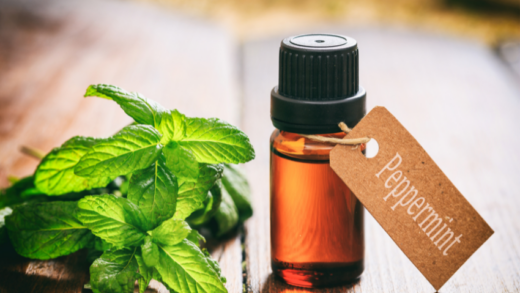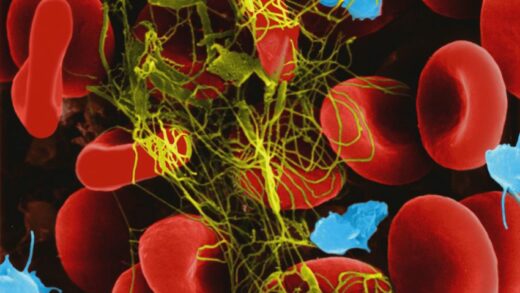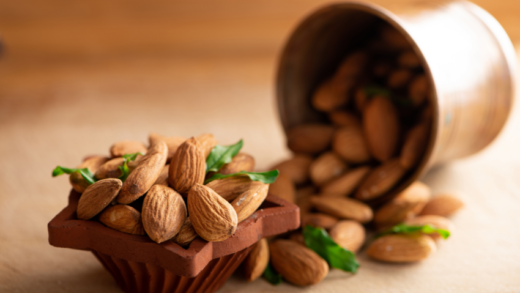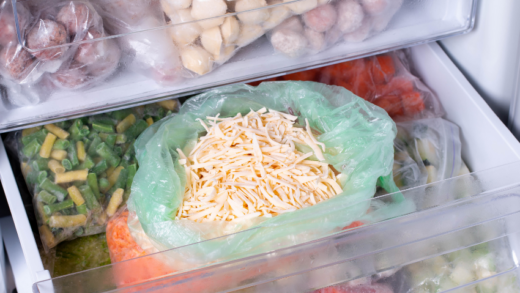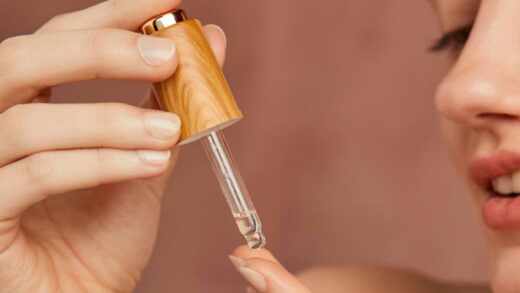Biotin is an essential nutrient that plays a key role in maintaining healthy hair, skin, and nails. It is also known as vitamin H or B7, and it helps convert food into energy for the body. While biotin deficiency is rare, some people may not get enough of this nutrient, which can lead to hair loss, brittle nails, and skin rashes.
The good news is that biotin is found in many common foods, making it easy to include in your diet. In this article, we will share our top 10 biotin-rich foods that you can incorporate into your meals to support your health and beauty.
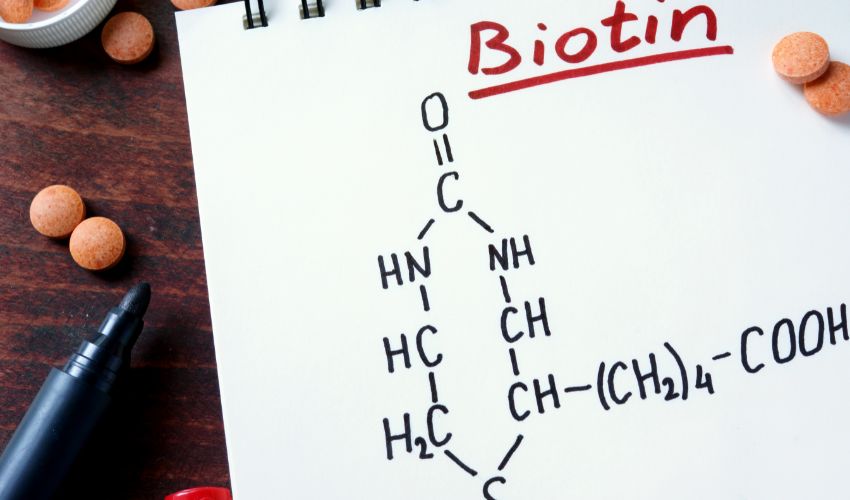
Top 10 Biotin-Rich Foods:
- Egg Yolks: Egg yolks are one of the best sources of biotin, with one large egg containing around 10 micrograms of biotin. They are also high in protein, making them a great addition to any breakfast or snack.
- Almonds: Almonds are not only a delicious snack, but they are also rich in biotin. Just one ounce of almonds contains about 1.5 micrograms of biotin.
- Sweet Potatoes: Sweet potatoes are a great source of biotin, as well as other important nutrients like vitamin A and fiber. One medium-sized sweet potato contains about 2.4 micrograms of biotin.
- Spinach: Spinach is a nutrient-dense leafy green that is rich in biotin, as well as other vitamins and minerals. One cup of cooked spinach contains about 7 micrograms of biotin.
- Salmon: Salmon is a great source of biotin, as well as omega-3 fatty acids, which are important for heart health. One 3-ounce serving of cooked salmon contains about 5 micrograms of biotin.
- Avocado: Avocado is a superfood that is not only delicious but also high in biotin. One medium avocado contains about 2 micrograms of biotin.
- Cauliflower: Cauliflower is a low-calorie vegetable that is rich in biotin and other important nutrients like vitamin C and fiber. One cup of cooked cauliflower contains about 0.2 micrograms of biotin.
- Mushrooms: Mushrooms are a versatile ingredient that is low in calories and high in biotin. One cup of sliced mushrooms contains about 2.6 micrograms of biotin.
- Sunflower Seeds: Sunflower seeds are a crunchy and delicious snack that is also high in biotin. Just one ounce of sunflower seeds contains about 2 micrograms of biotin.
- Whole Grains: Whole grains like oats, barley, and wheat germ are a great source of biotin, as well as fiber and other important nutrients. One cup of cooked oatmeal contains about 1.4 micrograms of biotin.
FAQs:
Can biotin help with hair growth?
Biotin is essential for healthy hair, but there is limited research to support the use of biotin supplements for hair growth. Eating a balanced diet that includes biotin-rich foods can help support healthy hair.
Are there any risks of taking too much biotin?
Biotin is generally safe when consumed in recommended amounts. However, taking high doses of biotin supplements may interfere with certain lab tests and cause inaccurate results. It is important to follow the recommended daily intake of biotin, which is 30 micrograms for adults, to avoid any adverse effects.
Can biotin help with skin health?
Biotin is essential for maintaining healthy skin, as it helps to produce new skin cells and maintain the moisture barrier. Consuming biotin-rich foods as part of a balanced diet can help support healthy skin.
Are there any vegetarian sources of biotin?
Yes, many vegetarian foods are rich in biotin, including egg yolks, almonds, sweet potatoes, spinach, and sunflower seeds.
Can cooking affect the biotin content of foods?
Cooking can reduce the biotin content of some foods, but it can also increase the availability of biotin in other foods. Eating a variety of biotin-rich foods, both cooked and raw, can help ensure adequate intake.

Conclusion:
Biotin is an important nutrient that plays a vital role in maintaining healthy hair, skin, and nails. Including biotin-rich foods in your diet can help ensure that you are getting enough of this essential nutrient to support your overall health and well-being. Our top 10 list of biotin-rich foods is a great place to start, but there are many other foods that can help boost your biotin intake. Remember to eat a varied diet that includes a range of whole foods to ensure optimal nutrition.
